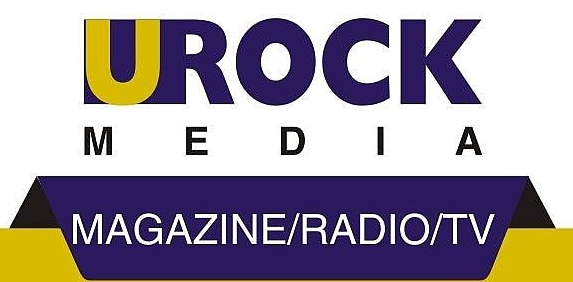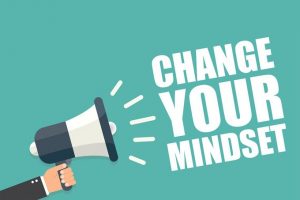Bank loans come in many shapes and sizes, and deciding what type of loan you need can be a little overwhelming. Banks loan money to individuals and businesses to purchase homes, businesses and cars, and to pay for college. Loan types include fixed rate, variable rate, installment, secured, unsecured and convertible. Each type of loan has unique repayment terms, and understanding those terms can make choosing the right loan easier.
Fixed Rate Loans
Fixed-rate loans are among the most common consumer loans. Fixed-rate loans keep the same interest rate throughout the life of the loan. The interest rate on fixed-rate loans may be slightly higher in most cases than a variable-rate loan. The advantage of a fixed-rate loan, especially in the case of a home mortgage, is that your payment stays the same throughout the repayment term except for slight variations to keep your escrow balance high enough to pay taxes and homeowners insurance.
Variable Rate Loans
Variable-rate loans have interest rates that fluctuate depending on the market rate or “prime” rate. With a variable interest rate, the amount you pay on your home loan, car loan or student loan can vary each month. Variable interest rates are usually lower than fixed rates, which make them attractive to first-time homebuyers or those wishing to refinance a loan. Using a variable-rate mortgage to save money in the beginning and then switching to a fixed rate when market rates begin to go up is a common loan management strategy.
Installment Loans
An installment loan is one that is repaid in equal amounts over a certain period of time. Repayment periods for installment loans can range from six months to 30 years. A home mortgage or auto loan can be considered a type of installment loan. Installment loans have very specific repayment terms, including a starting date, an ending date, and the amount of interest you will pay over the life of the loan.
Secured Loans
A secured loan is one backed up by collateral, such as a house or a car. A home equity loan is an example of a secured loan. In the event that the homeowner defaults on the loan, the bank has the right to take the house. The most common secured loans are home mortgages, home equity loans, auto loans, boat loans and business loans.
Unsecured Loans
Unsecured loans require no collateral. These loans are usually offered to individuals with very good credit scores. The interest rates for unsecured loans are typically very high and usually correspond to a person’s credit score; the higher the credit rating, the better the interest rate. Examples of unsecured loans include bank credit cards or other personal lines of credit.
Convertible Rate Loans
Convertible rate loans can be changed from one type of loan to another throughout the life of the loan. Convertible rate loans are usually home mortgages that begin as a variable rate and then change to a fixed rate after a period of time. Small business owners often use convertible loans for startup costs and then convert the business loan to a fixed-rate secured loan.
By Patti Richards & Reviewed By Alicia Bodine, Certified Ramsey Solutions Master Financial Coach – Updated April 05, 2019




